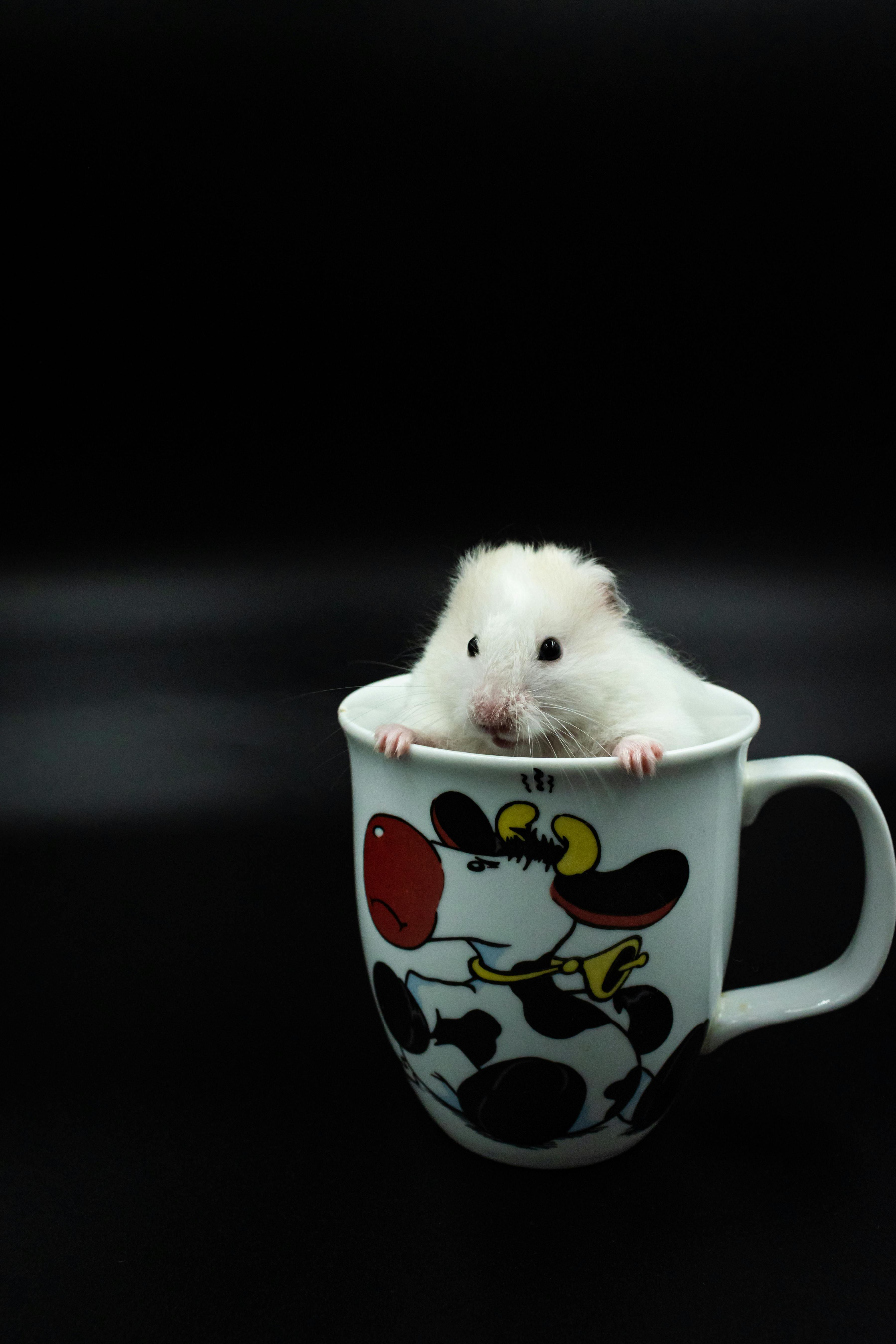Smart Ways to Care for Your Big Guinea Pig in 2025 and Enhance Their Happiness
Caring for a big guinea pig entails a deep commitment to their well-being. As the years progress, the understanding of guinea pig care evolves, making it crucial for pet owners to stay informed. This guide provides essential tips for **guinea pig care**, covering everything from housing to nutrition, along with the latest approaches for enhancing the happiness and health of your furry friend. Below, we provide detailed insights into essential aspects of caring for large guinea pig types.
Creating the Ideal Big Guinea Pig Habitat
The habitat is a significant factor in your guinea pig's quality of life. A spacious and well-designed **guinea pig habitat** allows them to thrive. Ideal cages should be large enough to give these animals ample room to explore and exercise. Remember, it's recommended that their space should be at least 7.5 square feet for one guinea pig, with additional space for each extra pet. Proper **guinea pig bedding options**, such as aspen shavings or paper-based bedding, are crucial as they absorb moisture and control odors.
Essential Guinea Pig Housing Features
When designing the perfect habitat for a **big guinea pig**, size is only part of the equation. Adequate ventilation, such as a well-placed wire top or an open area, should be integrated to ensure airflow while keeping predators away. Secure hiding spots—like tunnels, igloos, or boxes—are essential; these create a sense of safety, reducing stress. Enhance their environment further by adding various levels or different sections; this provides stimulation and encourages exploration.
Habitat Enrichment Ideas
**Guinea pig habitat enrichment** involves creating an engaging atmosphere filled with a variety of toys and tunnels. Consider including **guinea pig toys** made from safe materials; think chew toys or soft balls. Provide **homemade guinea pig toys** as an environmentally friendly option. You can make a simple toy by rolling cardboard tubes filled with hay. Regularly rotate the toys to keep things fresh and exciting, ensuring your pet remains engaged and happy.
Feeding Your Big Guinea Pig Right
Nutrition plays a fundamental role in **guinea pig care**. A balanced **guinea pig diet** includes hay, fresh vegetables, and specially formulated pellets. Hay, particularly timothy hay, should always be available as it aids digestion and dental health. Understanding **guinea pig feeding** mechanics can also aid in weight management, especially for larger breeds who may be prone to obesity.
Diet Essentials for Healthy Guinea Pigs
An essential guideline is to provide a varied **guinea pig diet** rich in vitamin C. Fresh leafy greens such as kale, romaine lettuce, and bell peppers should be daily staples. It’s crucial to ensure that **guinea pig food brands** follow balanced nutritional guidelines tailored for lifecycle stages. Avoid feeding them iceberg lettuce or seeds, which can cause health issues. Consider consulting a veterinarian for specific food recommendations and dietary restrictions, especially for young or aging guinea pigs.
Understanding Guinea Pig Hydration Needs
Hydration is vital. Every guinea pig should have access to fresh, clean water daily. Remember that bottled water dispensers can keep their drinking water cleaner than open bowls, though some guinea pigs may prefer the latter. Introduce herbs to their diet for additional hydration and flavor—this can help motivate them to drink more. Keep an eye on your pet’s hydration habits, recognizing that dietary changes might impact their water consumption pattern.
Health Care for Your Large Guinea Pig
Maintaining your guinea pig’s health requires regular checks. **Guinea pig health checks** are crucial for early detection of diseases that can affect their longer lifespan. Establish a routine with a trusted **guinea pig veterinarian** experienced in small animals. Schedule wellness visits ideally every six months, ensuring vaccinations are up to date, and any medical needs are promptly addressed.
Common Guinea Pig Diseases and Prevention
Being informed about **common guinea pig diseases** can help you take proactive measures. Keep an eye out for signs of illness such as lethargy, lack of appetite, or unusual behaviors. Conditions like dental disease or respiratory issues are prevalent. Offer regular check-ups and consider preventative supplements as recommended by your vet to ensure a robust immune system.
Practical Tips for Guinea Pig Grooming
Taking care of a **big guinea pig** also includes grooming, particularly for long-haired breeds. Regularly brush your pet to prevent matting and keep their coat healthy. Choose suitable tools from basic brushes to specialized **grooming tools for guinea pigs** considering coat length. Bathing isn't essential but may occasionally be necessary if they get excessively dirty. Always dry them properly and provide heated bedding after a bath.
Enhancing Your Guinea Pig’s Quality of Life
Caring for your big guinea pig goes beyond habitat and diet. **Guinea pig companionship** can improve their happiness. Consider adopting another guinea pig as they thrive on social interactions. However, familiarizing pets through careful introductions is essential to avoid territorial disputes. Look for signs of comfort and acceptance during these interactions.
Guinea Pig Playtime and Social Behavior
Incorporating **guinea pig playtime** into their routine divine joy into their lives. Create a stimulating social environment filled with opportunities for them to exercise. Structured playtime helps reduce stress and loneliness. Observations of their **social behavior** can provide insights into how they interact with each other and their human companions, enhancing your bond.
Understanding Guinea Pig Communication
Understanding **guinea pig communication** can build a stronger relationship with your pet. These creatures use various sounds such as wheeking or purring to express themselves. Knowing what each noise indicates contributes positively to their emotional well-being and safety. Make efforts to recognize their behaviors, as this knowledge strengthens your bonding experiences.
In summary, being proactive in caring for big guinea pigs involves clear understanding of their habitat requirements, nutrition, health needs, and socializing practices aids in fostering happier lives. By integrating all these aspects into your care routine, you can significantly influence the wellness of your pet.
Key Takeaways
- Ensure your guinea pig habitat is spacious and enriched with hiding spots and toys.
- Maintain a well-balanced diet focusing on hay, veggies, and proper pellets.
- Incorporate regular health checks with a veterinarian and observe any changes in behavior.
- Engage in social interactions and playtime for their overall happiness and bonding.
- Stay informed about their unique needs and adapt care as they age.
FAQ
1. What are the best guinea pig breeds for beginners?
For beginners, breeds like the American short hair or the Abyssinian are often recommended. These guinea pig breeds are typically friendly and adaptable, making them ideal companions for new owners. They require standard care and have a gentle disposition, making them a good match for families.
2. How can I introduce new guinea pigs to my existing pet?
Introduce new guinea pigs gradually by keeping them in separate cages initially. Allow them to observe each other without direct contact. After a week or so, you can gradually introduce them in a neutral space. Always monitor their behavior for any signs of stress or aggression.
3. What should I include in a homemade guinea pig toy?
A great **homemade guinea pig toy** can be created by filling a cardboard tube with hay and sealing the ends. You can also weave hay into balls or tie small cloth pieces together for them to chew. Include safe, consumable materials to engage their natural chewing instincts.
4. How often should I take my guinea pig to a vet?
It's recommended to take your guinea pig for a wellness check every six months. This allows for early detection of potential health issues and ensures that they are up to date with vaccinations. Regular visits can also help you track their growth and nutritional health.
5. What are signs of a healthy guinea pig?
Signs of a healthy guinea pig include a glossy coat, bright eyes, and consistent eating habits. Active behavior and normal vocalizations are also indicators of wellness. If your guinea pig shows lethargy or changes in eating patterns, it’s best to consult a veterinarian.


